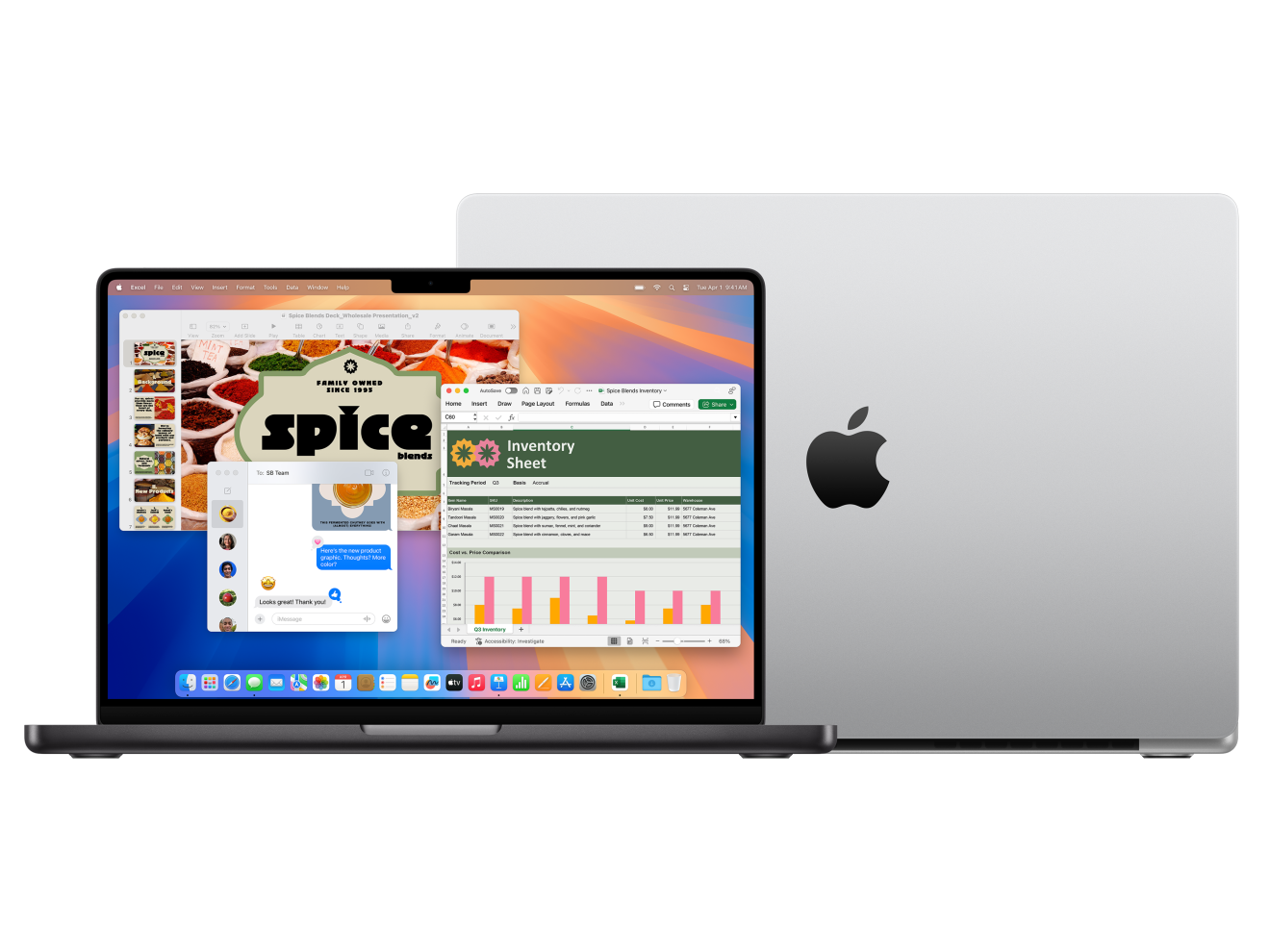Including Apple devices in tenders: opportunities, pitfalls and tips.
Why include Apple devices in a tender?


Employee choice.
Freedom of choice boosts satisfaction, productivity and retention. Apple fits the expectations of today’s professionals.
Read more->
Total Cost of Ownership.
Despite a higher purchase price, Apple often delivers lower monthly costs thanks to easy management, fewer incidents and strong residual value.
Read more->
Sustainability.
With long lifespan, high residual value and strong recycling programmes, Apple actively supports sustainability goals.
Read more->
Security and privacy.
Apple’s built-in security and privacy features meet government standards and compliance requirements, including GDPR.

What should you pay attention to in the tender text?
Specific product characteristics.
Formulate functional requirements rather than brand-specific requirements, but be specific about OS compatibility, security standards and device management.
For example: ‘The operating system must offer native encryption without additional licensing, support integration with MDM standards and guarantee at least 5 years of software updates.’
Plot layout: why a separate plot for Apple pays off.
By including Apple in a separate lot, a market for specialised suppliers is created instead of a generic hardware lot. This offers government organisations several advantages.
- Access to specialists: Only authorised Apple resellers with the appropriate certifications and experience can register, which enhances the quality of delivery, management, and support.
- Better value for money: Apple partners have direct relationships and programmes such as Apple Financial Services and trade-in, leading to more favourable terms and lower TCO.
- Optimal implementation: Specialists are proficient in Apple Business Manager, zero-touch deployment, and MDM, which prevents integration errors and ensures a smooth deployment.
- More competition: A separate plot lowers the entry threshold for specialised parties, resulting in more registrations, more competitive prices and better terms and conditions.

Risk reduction.
There are also multi-vendor authorised resellers. By separating the lot, you prevent a single large supplier without Apple specialisation from winning the entire contract, which could result in substandard Apple implementation. As the contracting party, you also benefit from:
- In-depth Apple expertise: Experience in securely setting up, managing and maintaining macOS, iOS and iPadOS in accordance with best practices.
- Apple-certified: Official Apple certifications (including ACSP, ACTC) and partner status for demonstrable quality.
- Secure implementation: Zero-touch deployment via Apple Business Manager and MDM, with full control and audit trails.
- Maximum data protection: Setup of standard Apple security layers such as Secure Enclave, FileVault and end-to-end encryption.
- Compliant with standards frameworks: Configurations and processes aligned with BIO, ISO 27001 and sectoral security requirements.
- Rapid response to incidents: Immediate blocking, wiping and reconfiguration of devices in the event of security incidents.
Management & integration.
Clearly describe how Apple should integrate with existing infrastructure, such as Active Directory, email, collaboration platforms and MDM solutions.
Service & warranty terms.
Specify that suppliers must be Apple-authorised for service, repair and warranty handling, including Device Enrollment Programme (DEP) and AppleCare options.
Common pitfalls
- Overly generic requirements that indirectly exclude Apple solutions.
- Insufficient knowledge of the Apple ecosystem among the drafters, resulting in misjudgements of management and integration options.
- Forgotten lifecycle management: Apple devices have a long lifespan, but that requires clear agreements on depreciation and phasing out.
- No attention to TCO: focus on purchase price instead of total cost over the useful life.
Advantages with proper implementation
- Higher employee satisfaction and productivity.
- Lower management and support costs.
- Higher security and fewer vulnerabilities.
- Long service life and high residual value when reselling or trading in.
- Positive contribution to sustainability goals.
